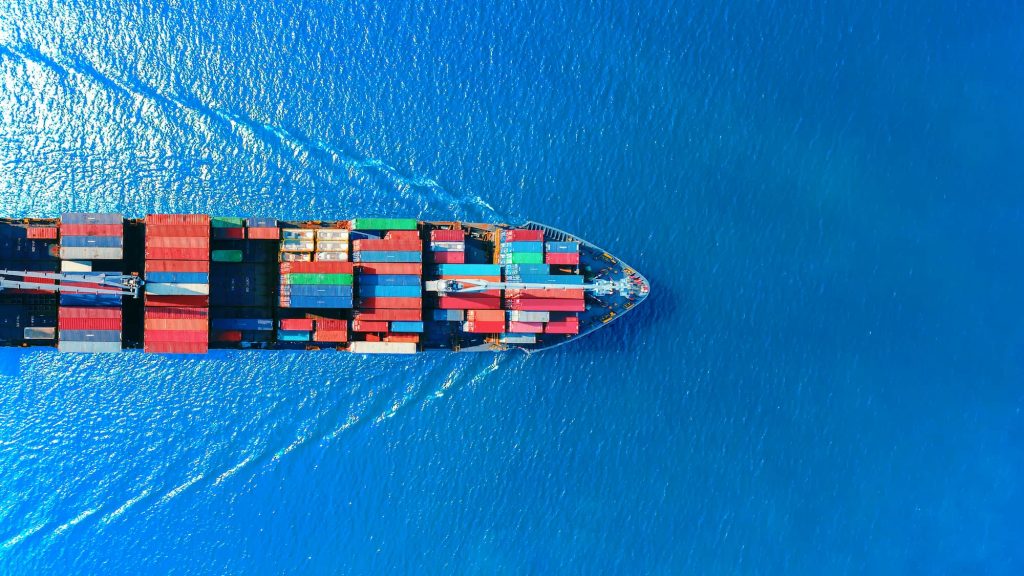New year, new rules. If until 2021 we were used to shipping goods to the EU with certain fees, now everything changes. As of January 1, 2022, in fact, supplier declarations are required when exporting your goods.
This can mean a lot to those who are used to performing import/export activities. Let’s see in detail what the new laws will be.
New rules
With the new rules in place for 2022, exporters may face some difficulties when it comes to shipping goods elsewhere. Specifically, it will no longer be possible to have delays with import customs declarations.
This, in 2021, was done under the so-called Staged Customs Controls rules. Now, however, fees will be paid at the exact moment the goods are imported.
Therefore, all entrepreneurs in the industry will have to know how to plan when it comes to paying duties and customs declarations, so as not to have any trouble in the future.
There is a chance, however, to appoint an intermediary to handle the declarations. In this way, you can greatly optimize your time and avoid mistakes due to haste or lack of knowledge of new laws.
By acting now, you can ensure continuity in your business, without unpleasant surprises due to changing rules.
Import and export: how to do it?
The UK’s agreement with the EU, called the Trade and Cooperation Agreement (TCA) between the UK and the EU states that goods you import or export can benefit from a reduced rate of customs duty (tariff preference).
To take advantage of this, you must have goods that originate in and are imported from the EU, or originate in the UK and are exported to the EU.
So, if the goods are not produced or manufactured in the EU, they will not qualify for the reduced taxes. Of course, you also need proof of origin, which is a declaration of origin completed by the exporter, and a knowledge document completed by the importer who in turn claims the reduced taxes.
In addition, the exporter should also have a declaration from the supplier, so as to certify that the goods are of 100% controlled origin.
How will this work in the UAE?
For UAE members, the Federal Customs Authority stipulates that to import goods, companies must have a business license from the Department of Economic Development (DED) of their Emirate.
Foreign companies may set up their own office in the UAE or appoint a national as a sponsor, agent or distributor to do business in the “mainland” (i.e., not in the free zones).
To import goods, UAE-based companies must obtain a delivery order from the shipper and submit specific commercial documentation.
Notably, they will need a commercial invoice from the exporting company to the importer showing the quantity, description of goods, and total value of each imported item. You will also need a certificate from the country of origin approved by the Chamber of Commerce of that country.
A detailed packing list, import permit from the relevant agencies, and an entry list must also be submitted.
As for food products, however, you will require:
- Original health certificate issued by the government agency
- Original Halal slaughter certificate for meat and poultry products
For more information about the UAE, you can consult the official government website.
